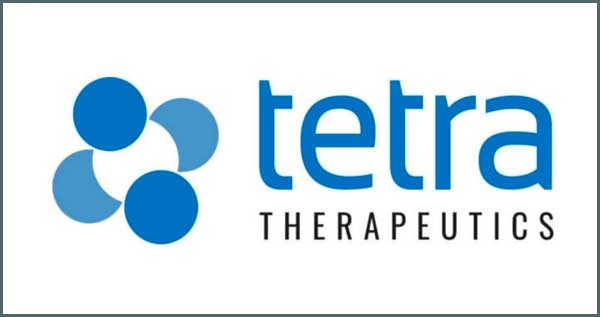Authors: Elizabeth M. Berry-Kravis, Mark D. Harnett, Scott A. Reines, Melody A. Reese, Lauren E. Ethridge, Abigail H. Outterson, Claire Michalak, Jeremiah Furman, and Mark E. Gurney
Read the full article from Nature Medicine
Summary
Tetra Therapeutics initiated a Phase II clinical trial in Fragile X syndrome with the help of Principle Investigator Dr. Elizabeth Berry-Kravis. The goal of this study was to determine if a phosphodiesterase-4D (PDE4D) allosteric inhibitor (BPN14770) would improve cognitive function and behavioral outcomes in patients with Fragile X syndrome (FXS), and looked at 30 men between the ages of 18 and 41 with full mutation FXS (> 200 CGG repeats).
This was a randomized, double-blind, placebo-controlled, two-period crossover study. This means that each of the 30 participants were randomly assigned to either treatment or placebo (randomized), neither the study team nor the participant knew what they were taking (double-blind), and all participants had a period when they were taking placebo and a period when they were on the study drug (two-period crossover study). Participants took either two doses of the study drug BPN14770 or two doses of placebo every day over 24 weeks.
Because this was a Phase II trial, the primary endpoint was evaluating the safety and tolerability of the study drug. Tetra also indicated exploratory secondary endpoints of cognitive performance, caregiver rating scales, and physician rating scales.
The trial met its primary endpoint of the study drug being safe and well-tolerated. All 30 participants completed the entire study. There were no meaningful differences in side effects between participants taking the study drug and participants taking placebo. The most commonly reported side effects were vomiting and upper respiratory infections, both of which were reported in participants taking the study drug and those in the placebo group.
The trial was also successful with their exploratory secondary endpoints. There was a statistically significant improvement in language that was assessed directly by using different tests within the NIH Toolbox and by the parent/caregiver reported Visual Analog Scale (VAS). The other clinical assessments administered throughout the trial showed a positive trend for improvement also.
Why It Matters
There are currently no FDA-approved treatments specifically for FXS. While many individuals with FXS take medications that treatment certain symptoms of FXS, families living with FXS share that there is much room for improvement. During the NFXF-led PFDD meeting, some parents and caregivers expressed the importance of cognition, daily functioning, and independence, especially for their adults with FXS. Improvement in language and communication would be particularly beneficial for individuals with FXS as indicated by the FX community.
BPN14770 was found to be well-tolerated and safe in the Phase II trials and met key secondary endpoints measuring cognition and daily functioning measured by the NIH Toolbox and VAS. These results mean that BPN14770 can move into Phase III trials. Phase III trials are important because these trials confirm the safety and effectiveness of the study drug. If the endpoints are met and the drug continues to be safe and effective, BPN14770 could be a candidate for FDA approval.
Next Steps
Tetra Therapeutics is hard at work on their Phase III trials of BPN14770. This is part of the standard pathway to approval for any drug or device.
Acknowledgements: The authors wish to thank the patients and their families for participating in the clinical trial.
Funding: Direct clinical costs were funded by the FRAXA Research Foundation. Access to and training on the NIH Toolbox Cognitive Battery was obtained in association with work on RO1 HD076189 (E.M.B.K.). Tetra Therapeutics provided drug product and funded trial administration and independent data analysis.






